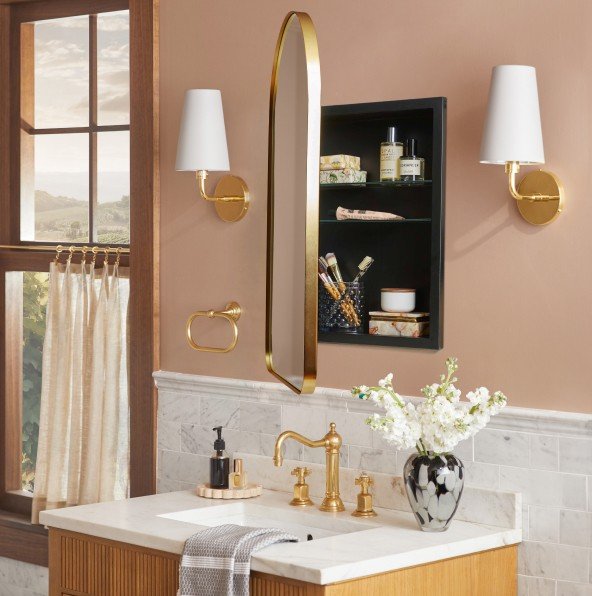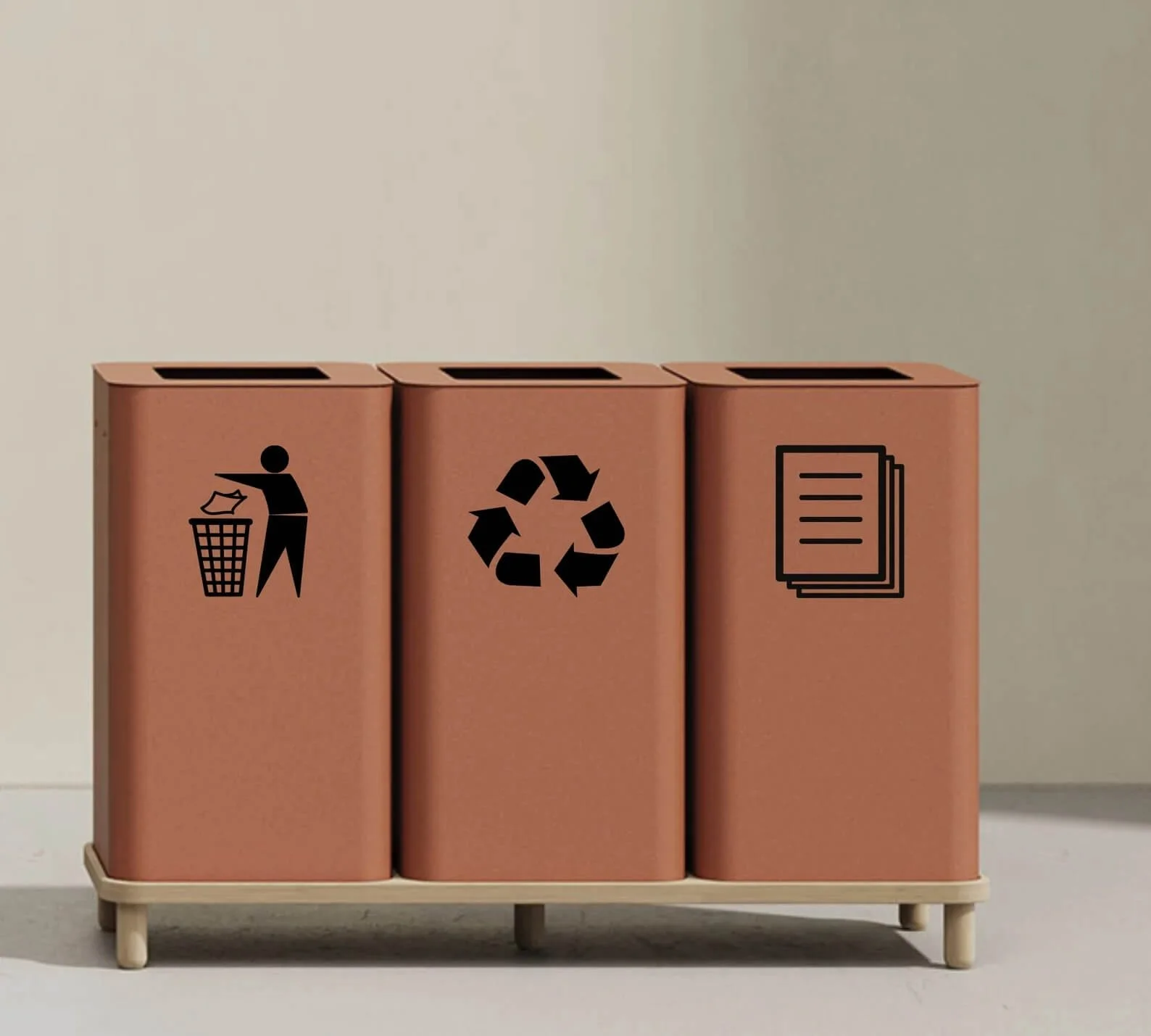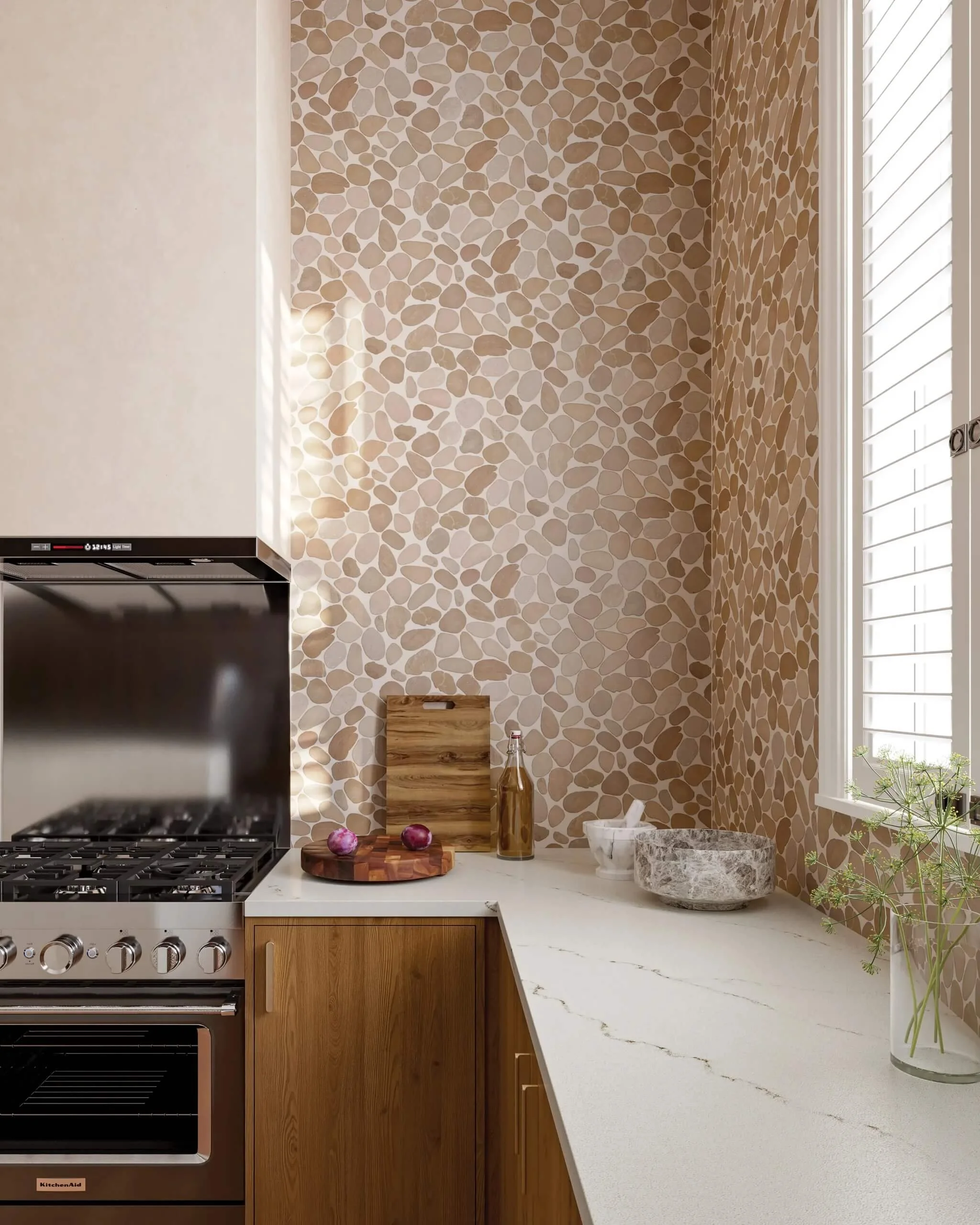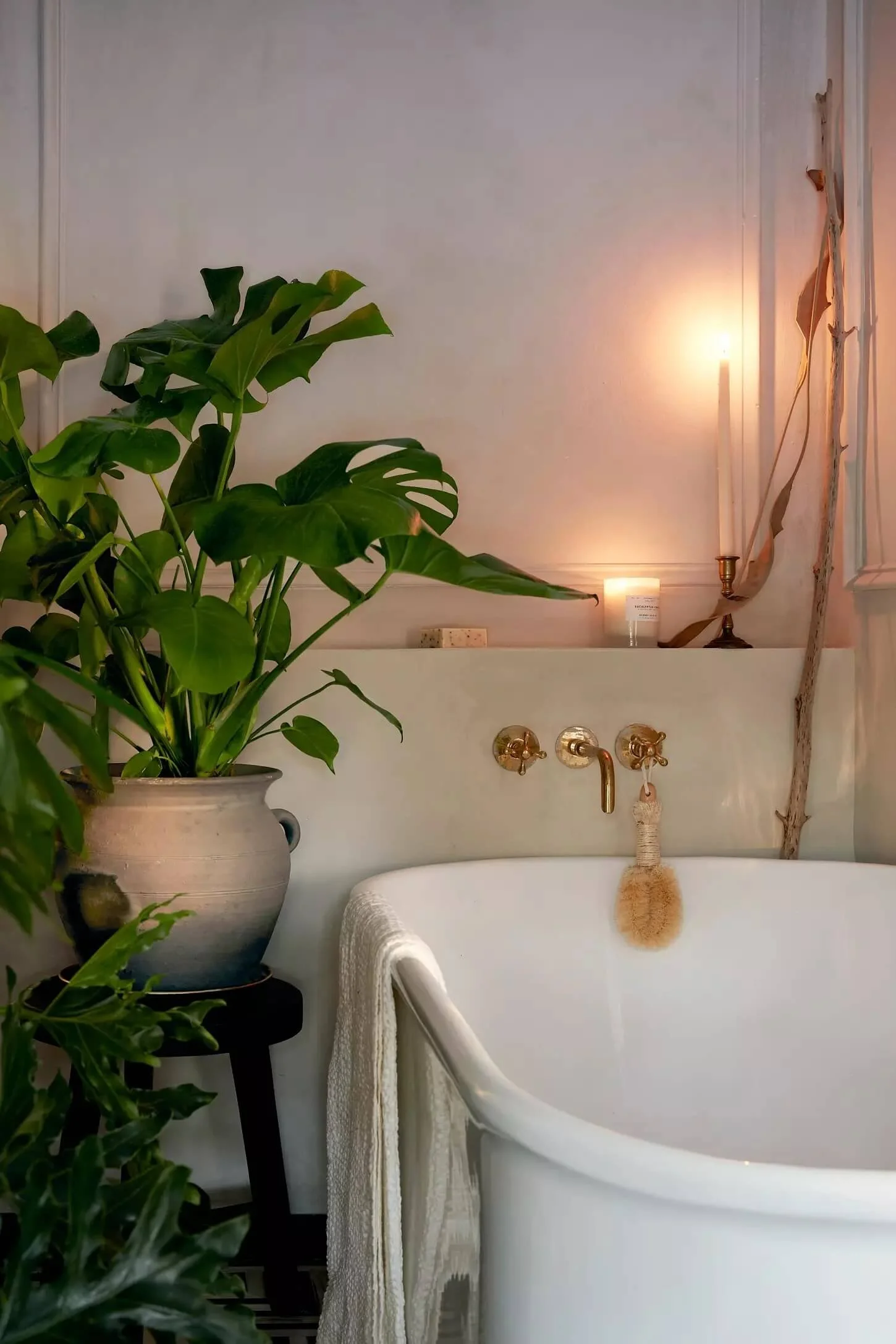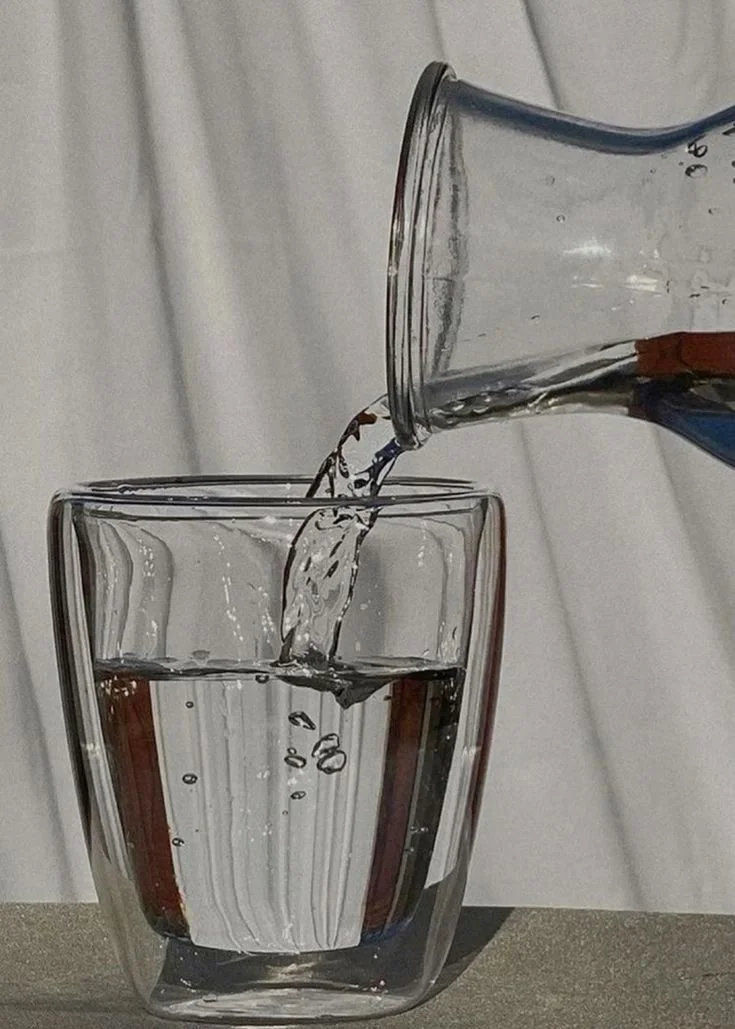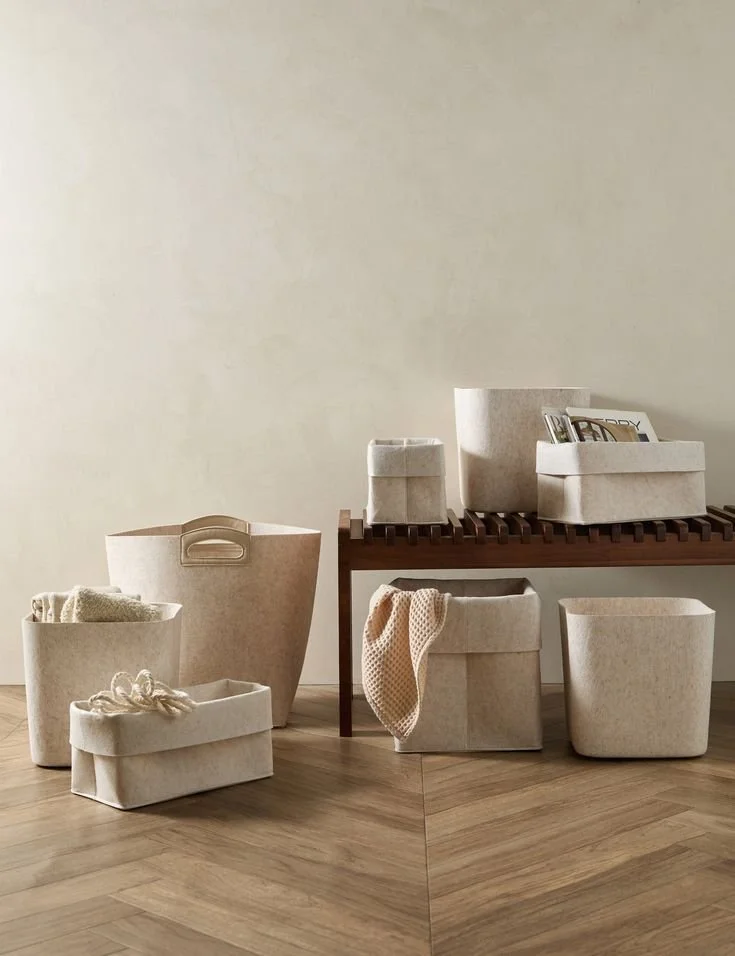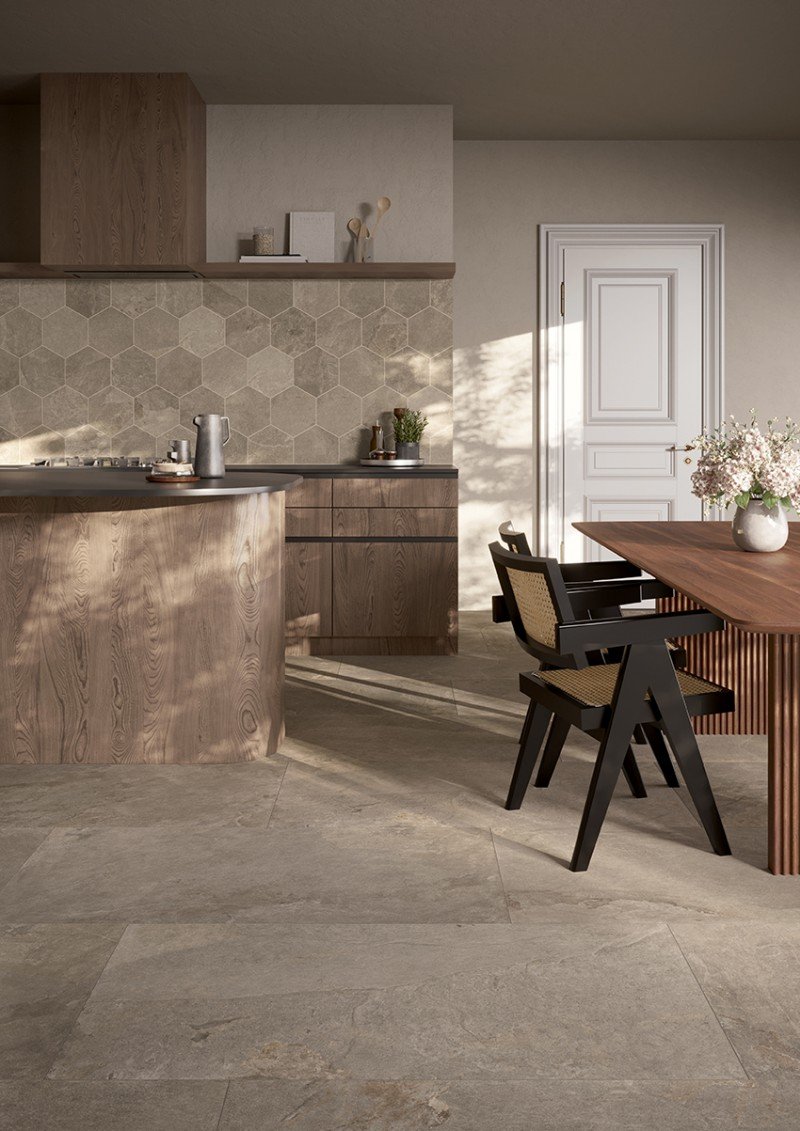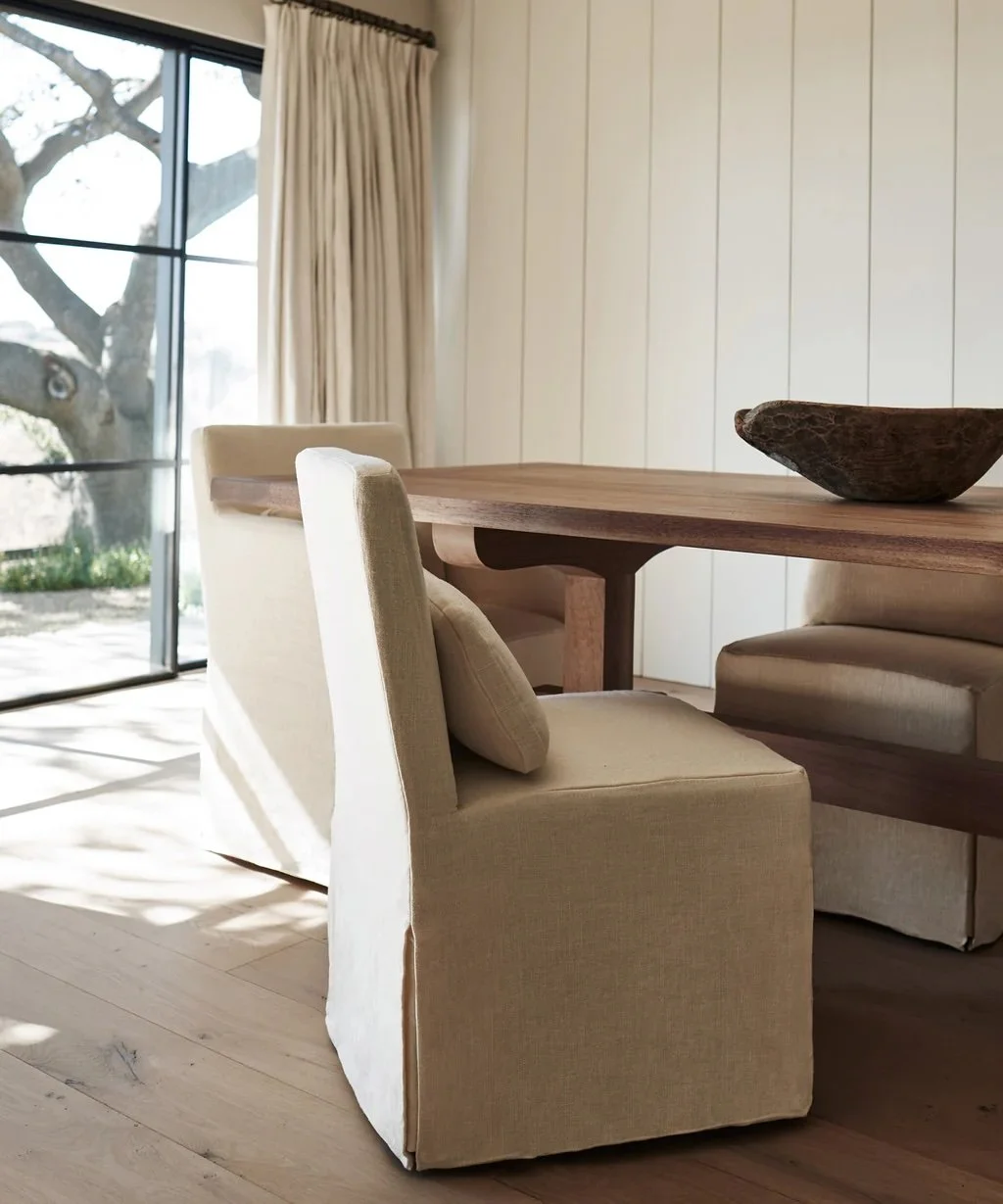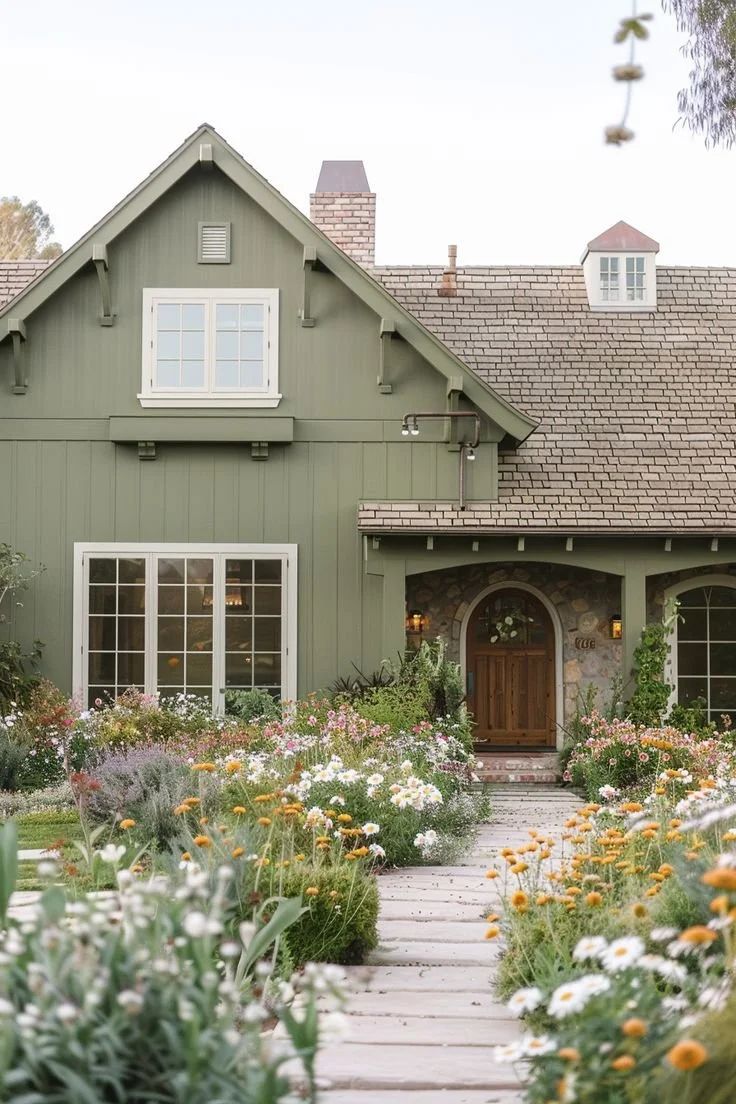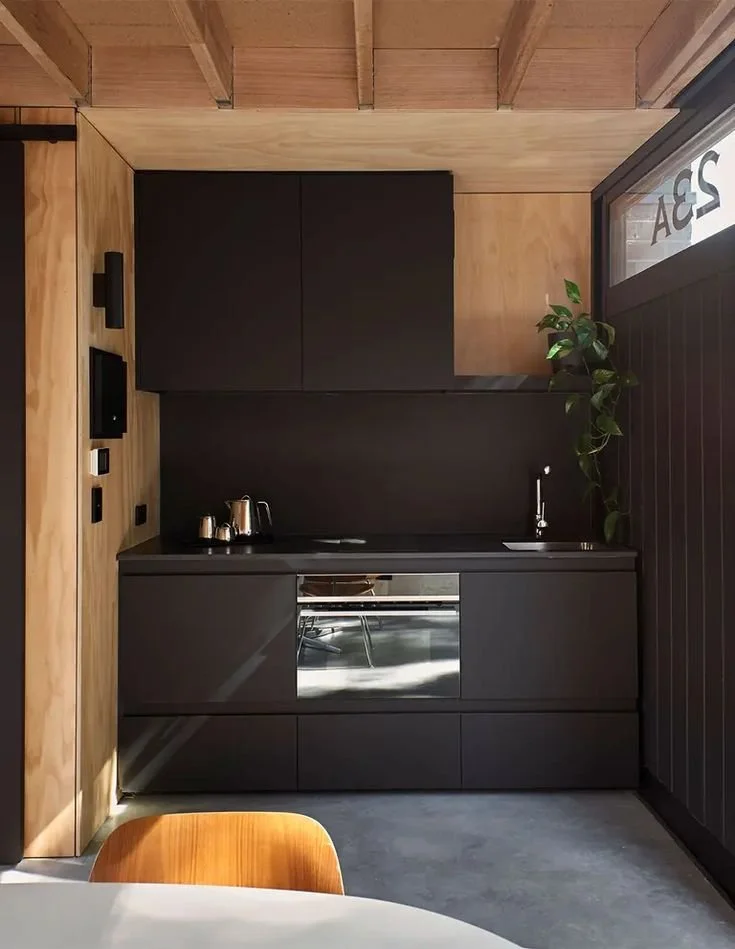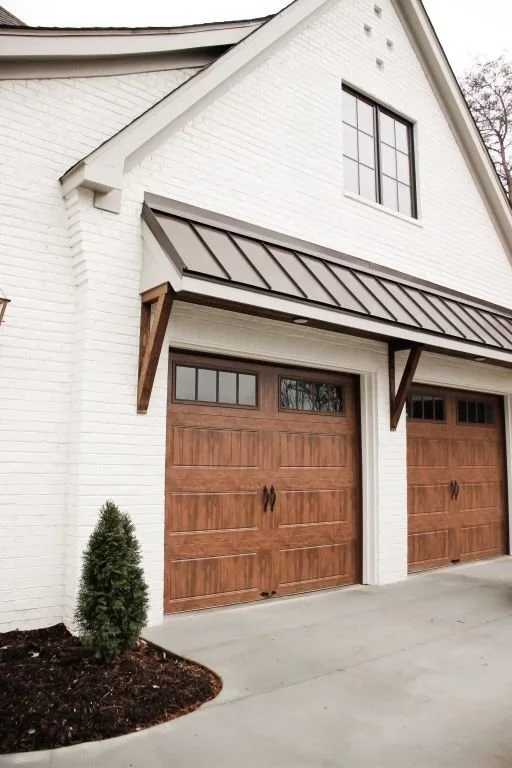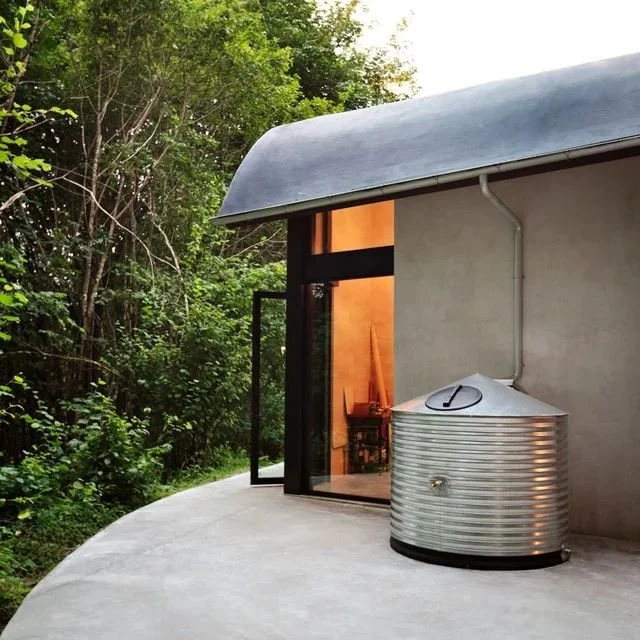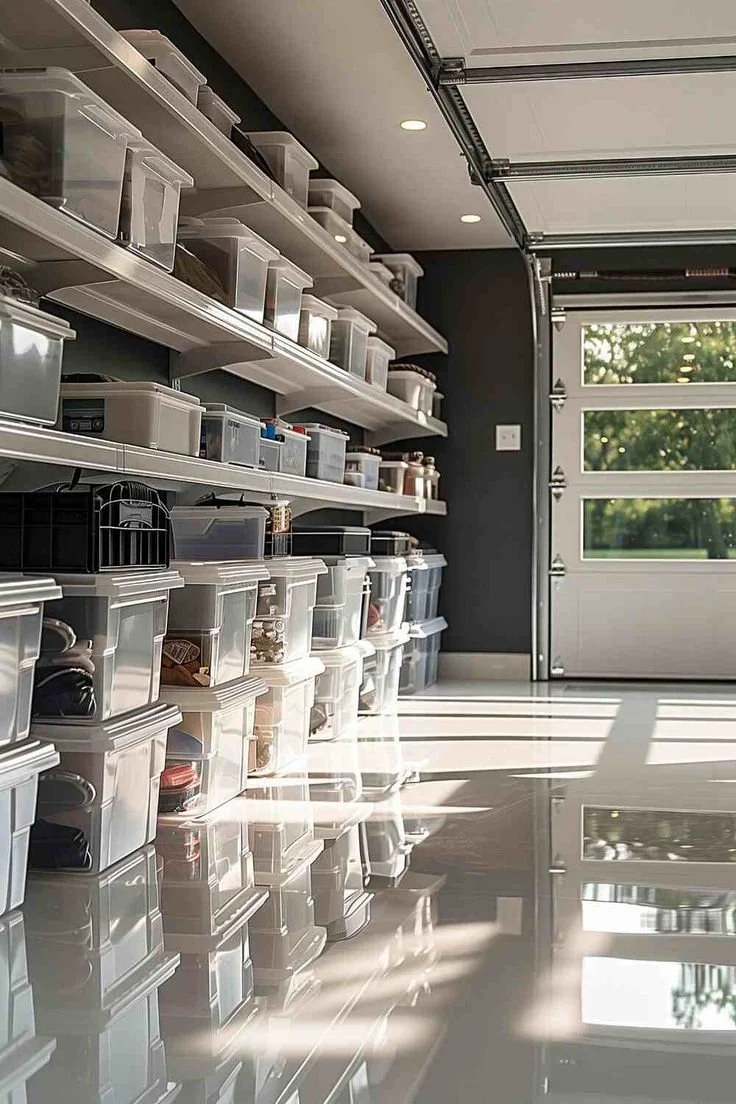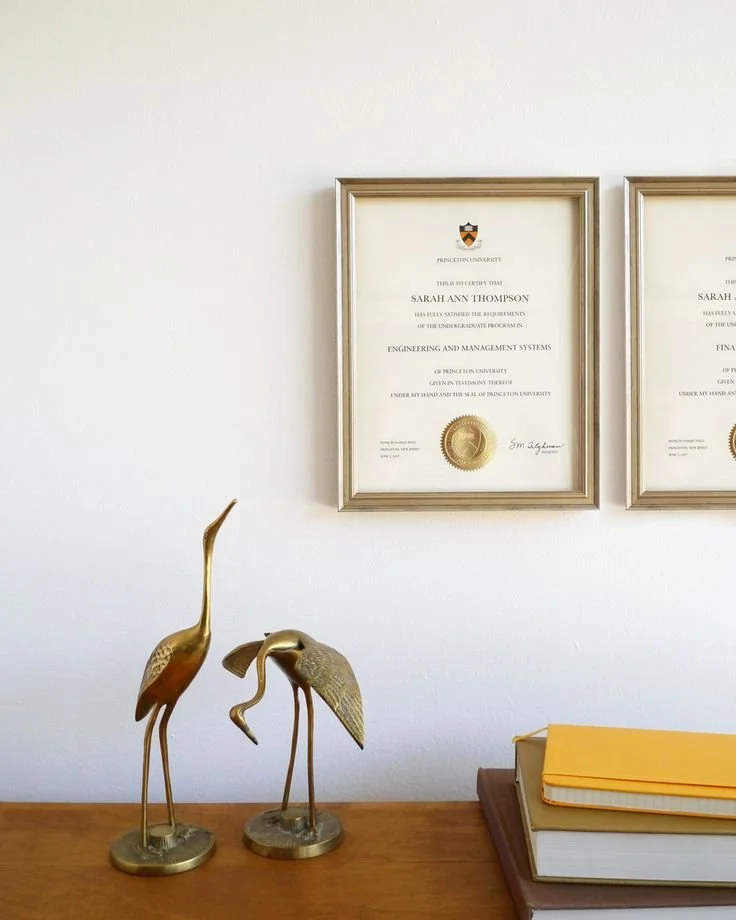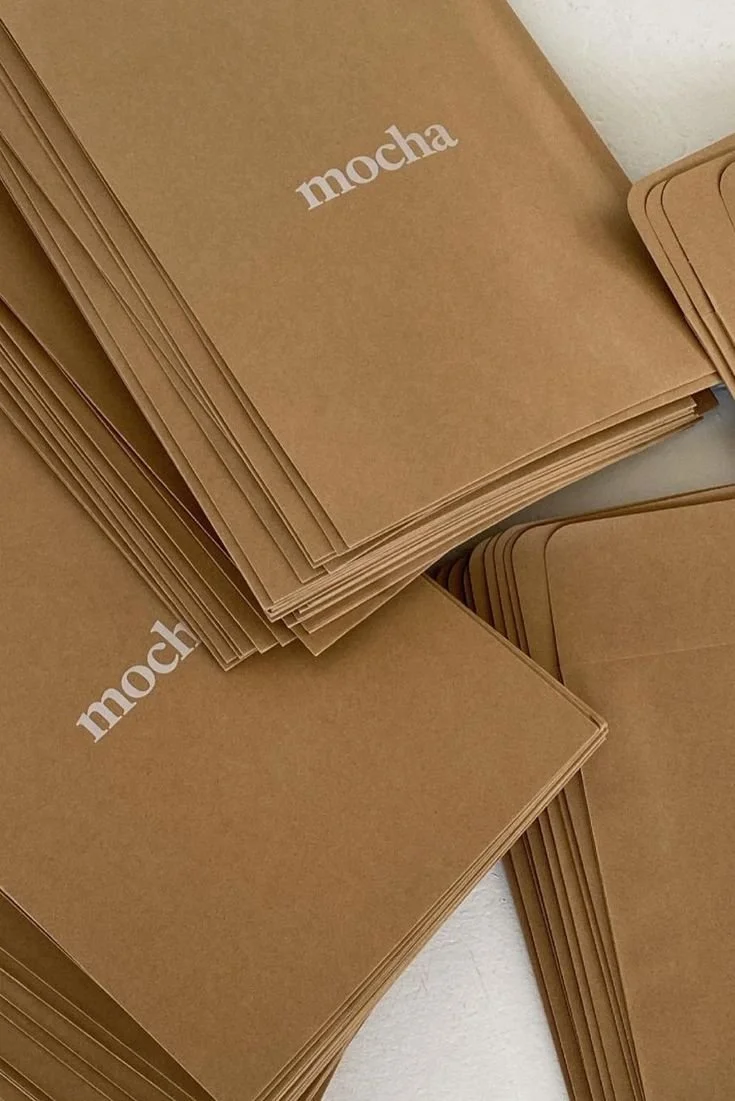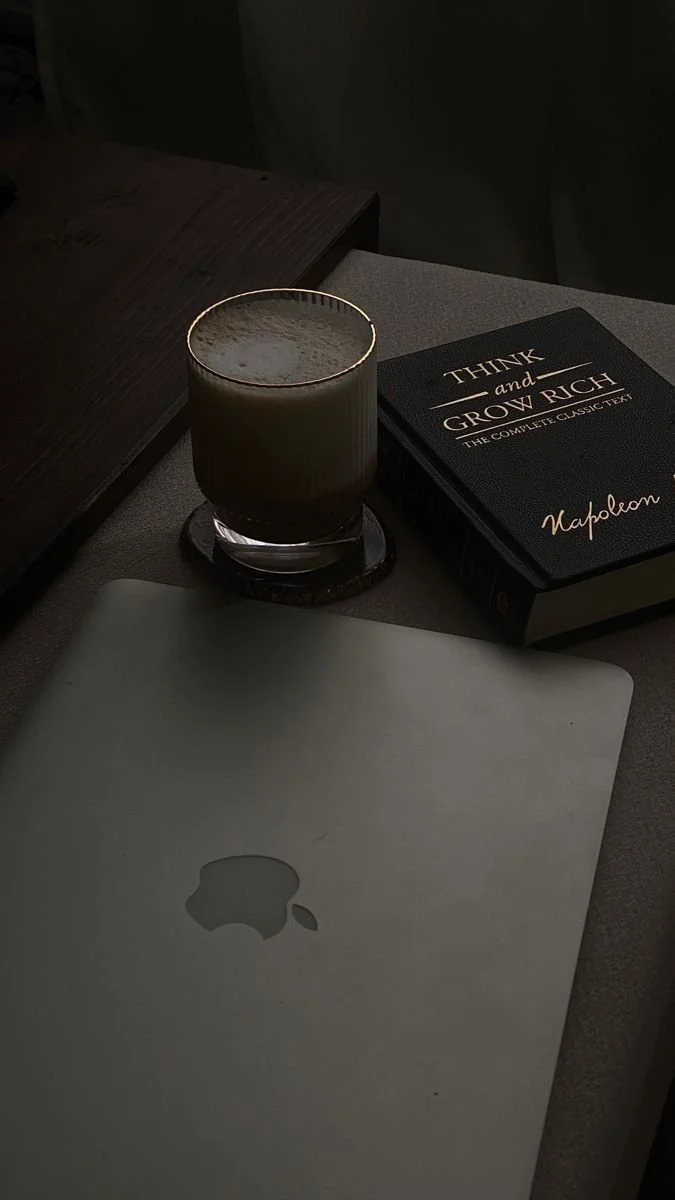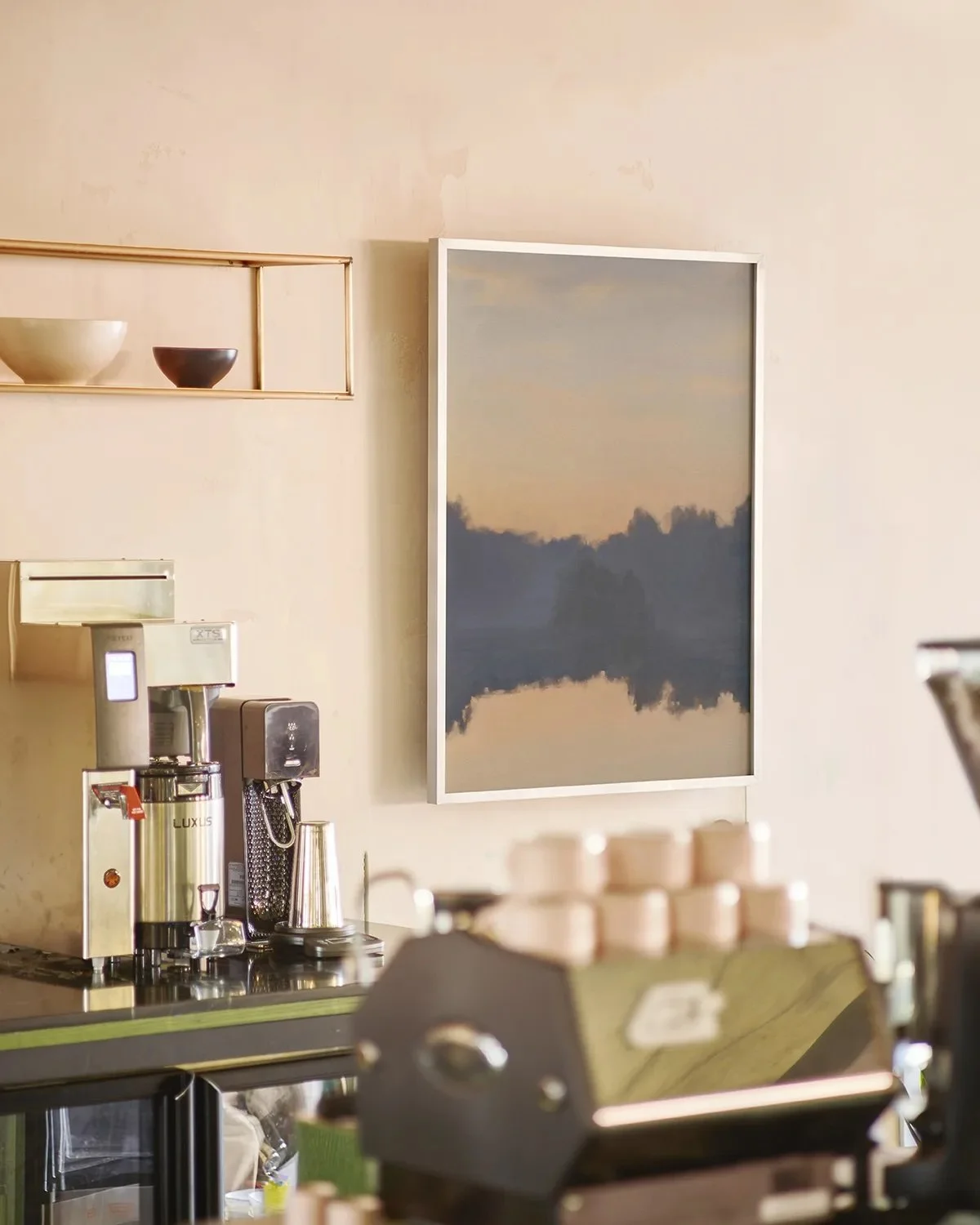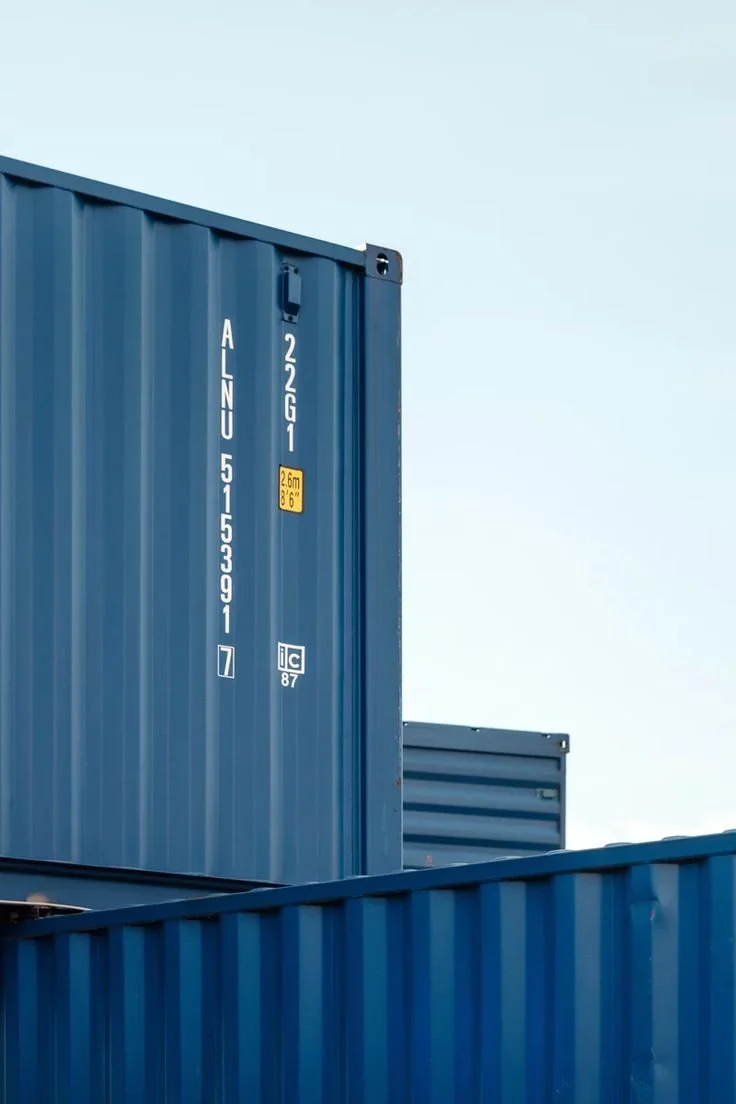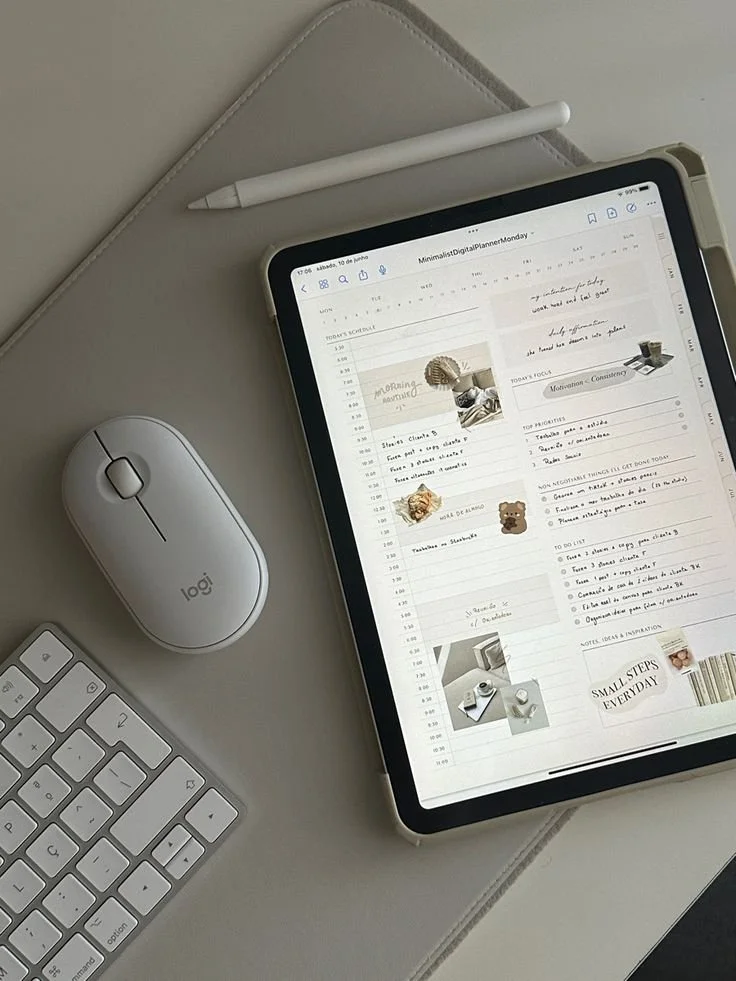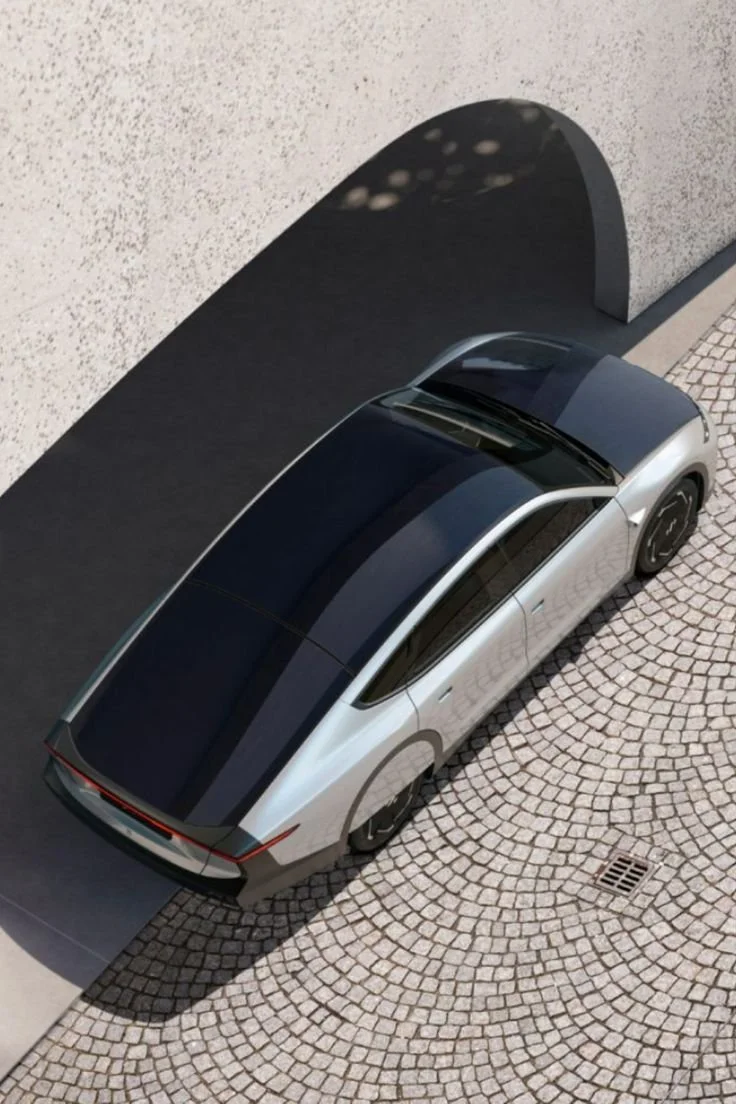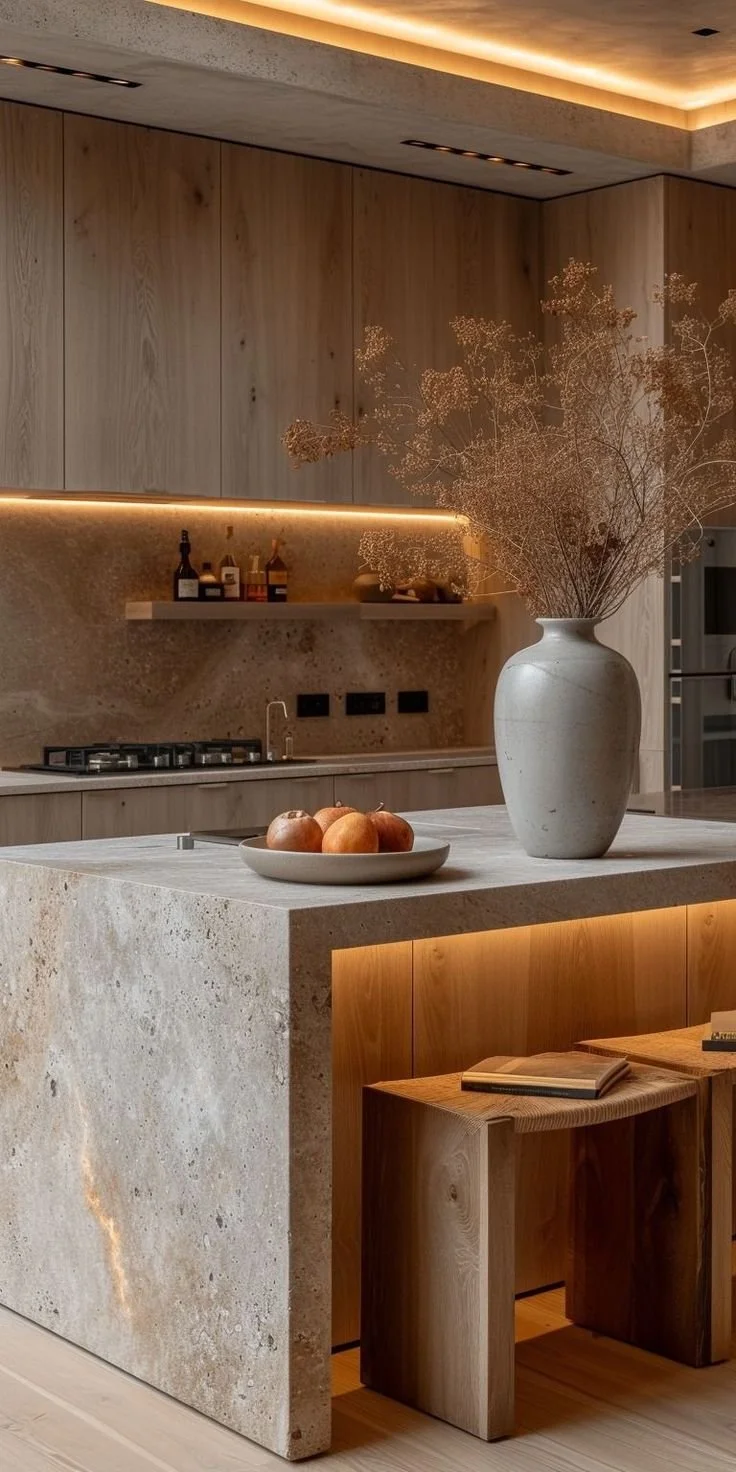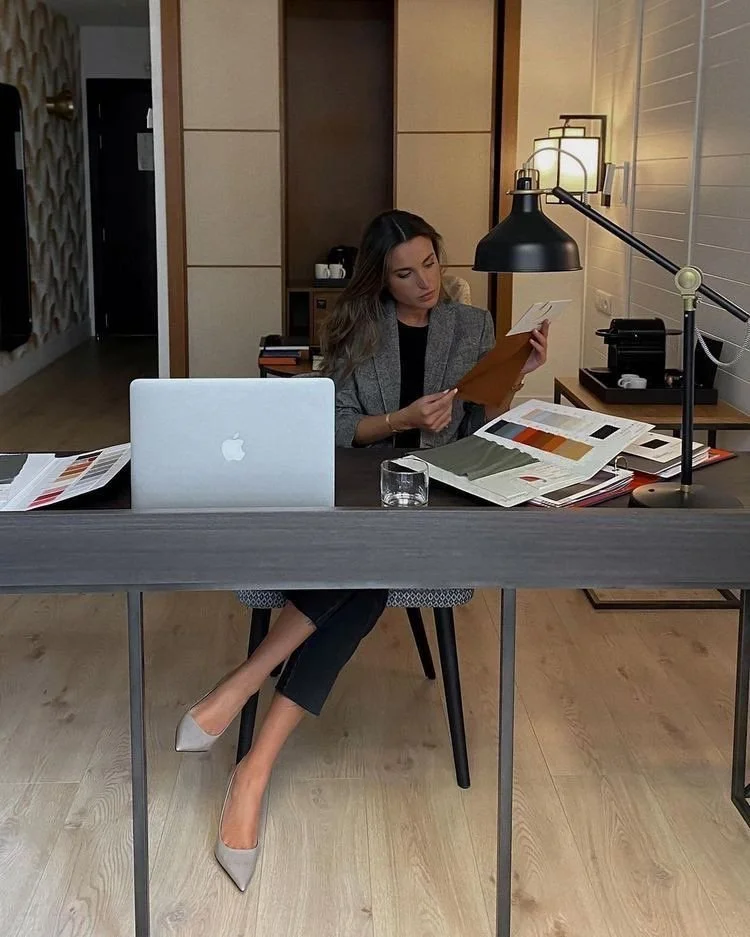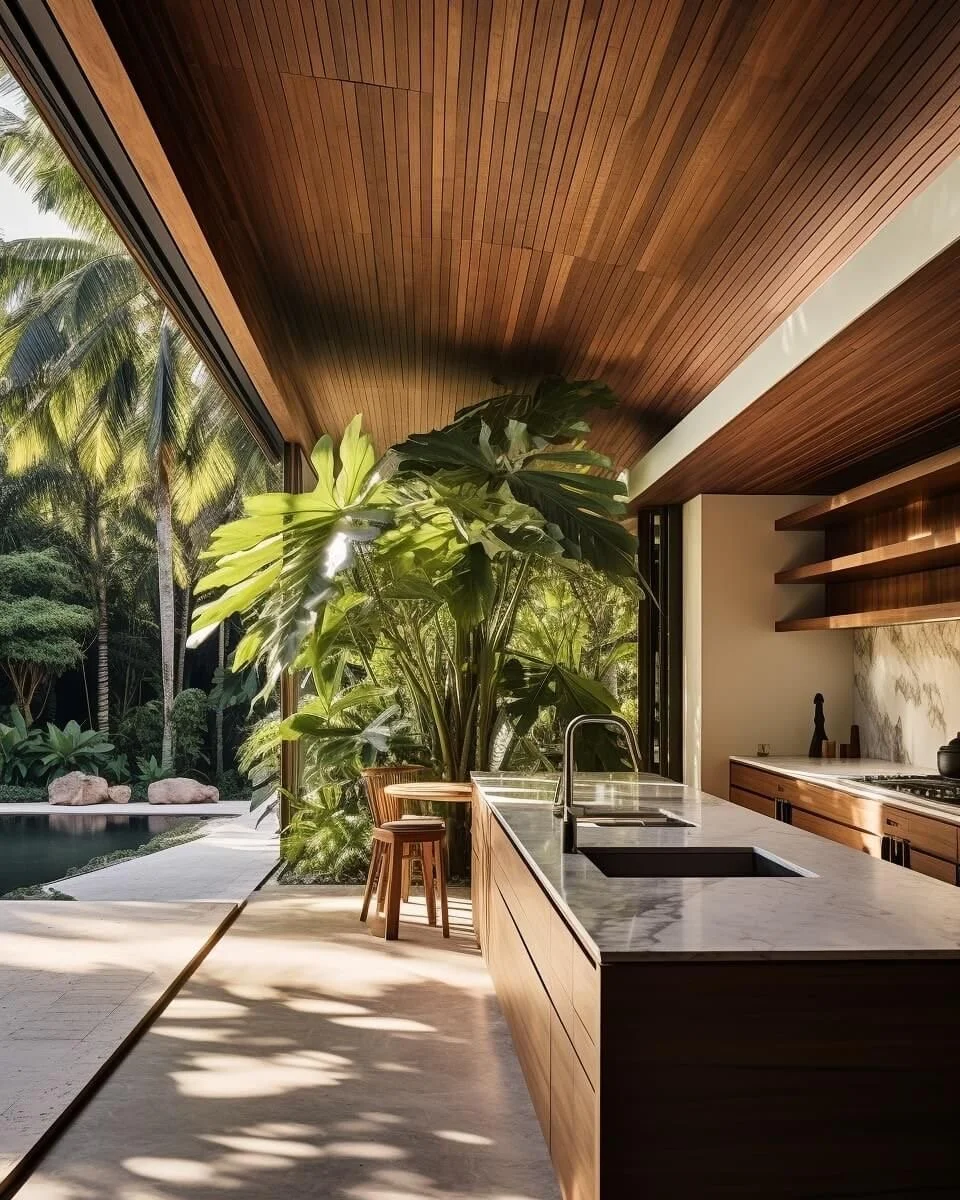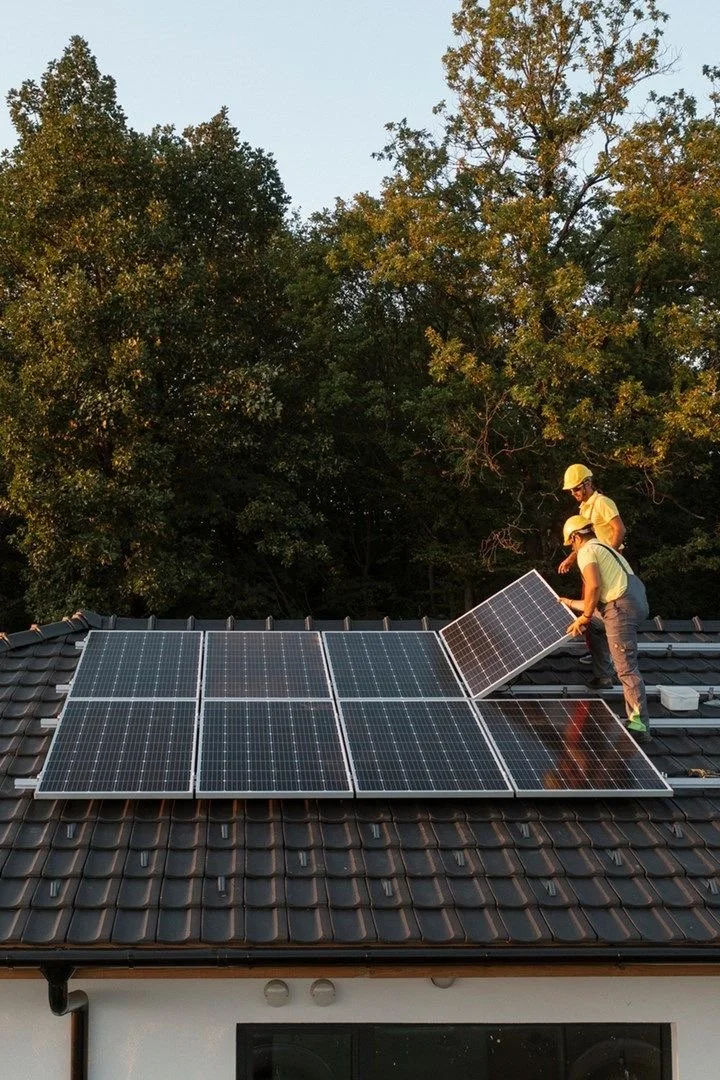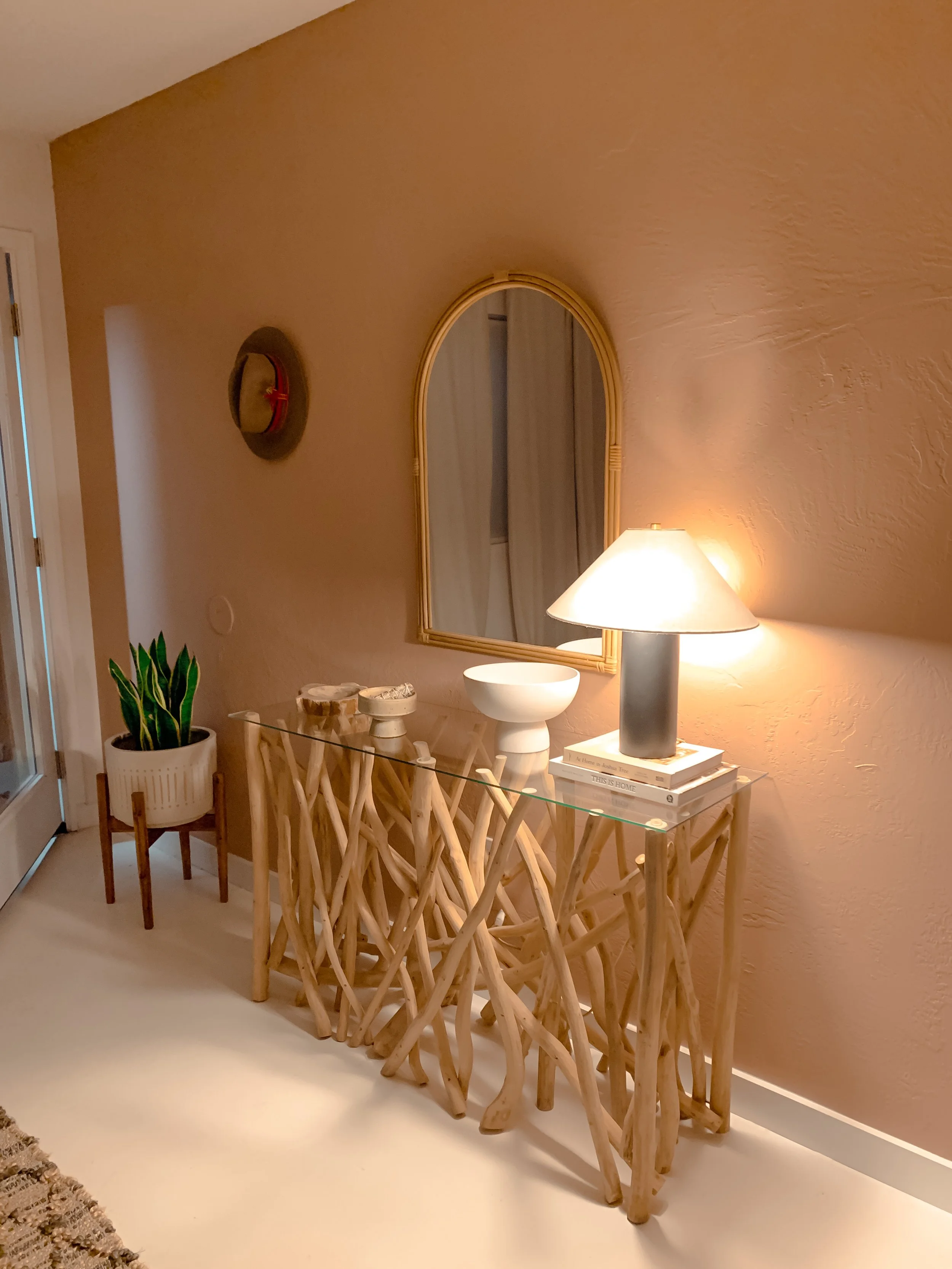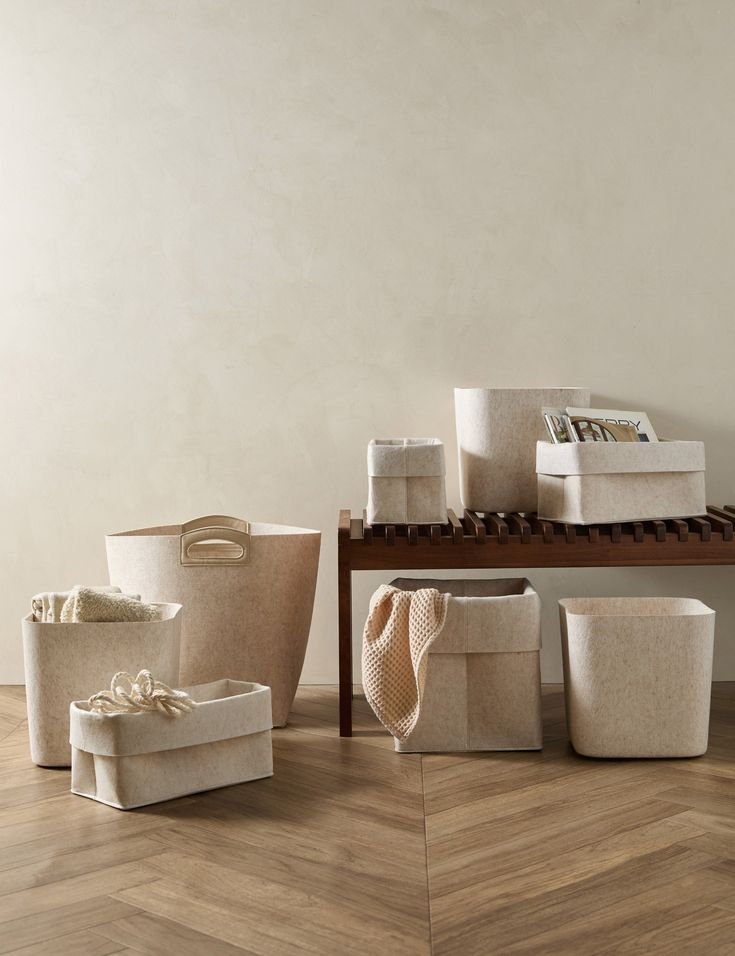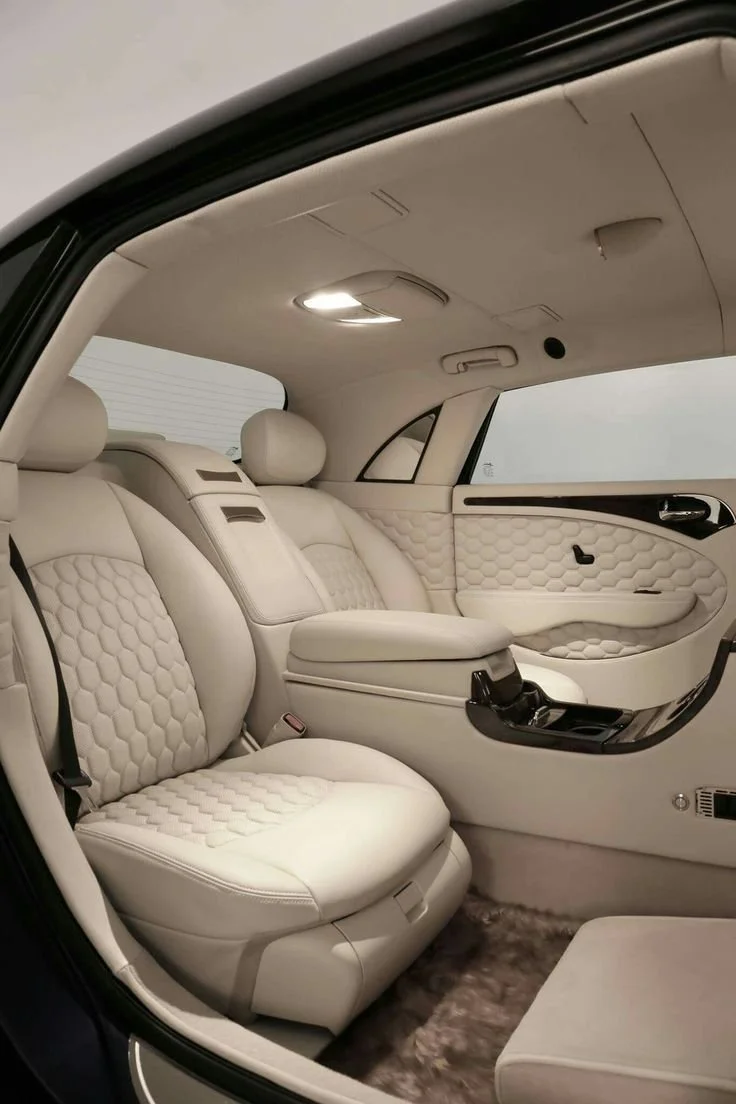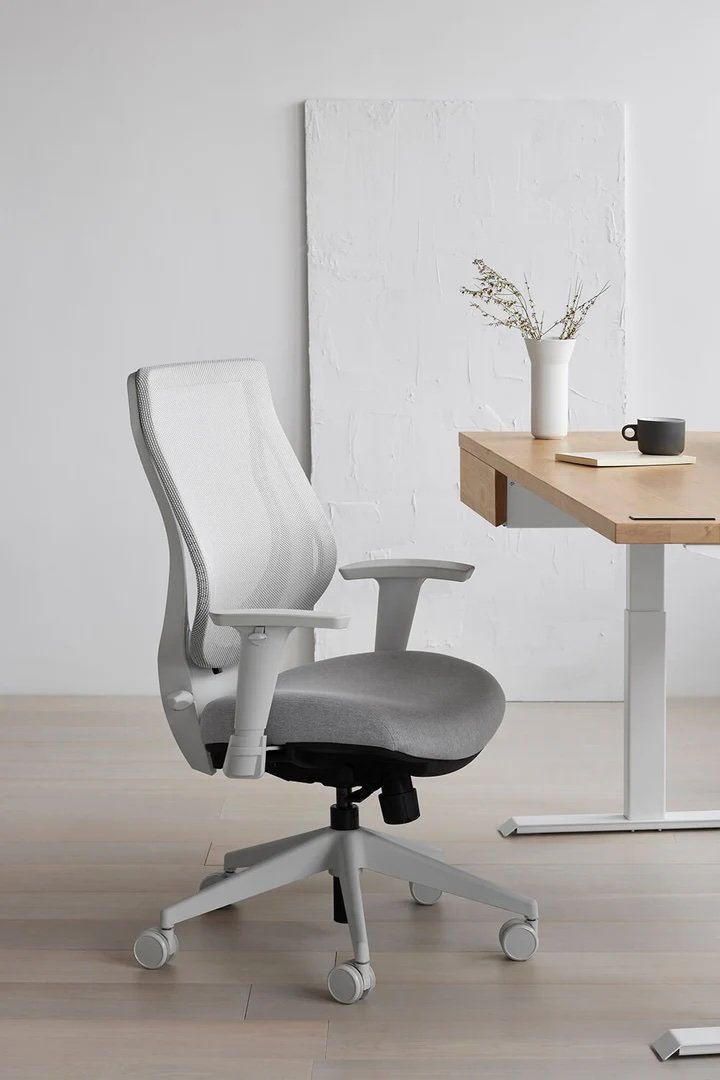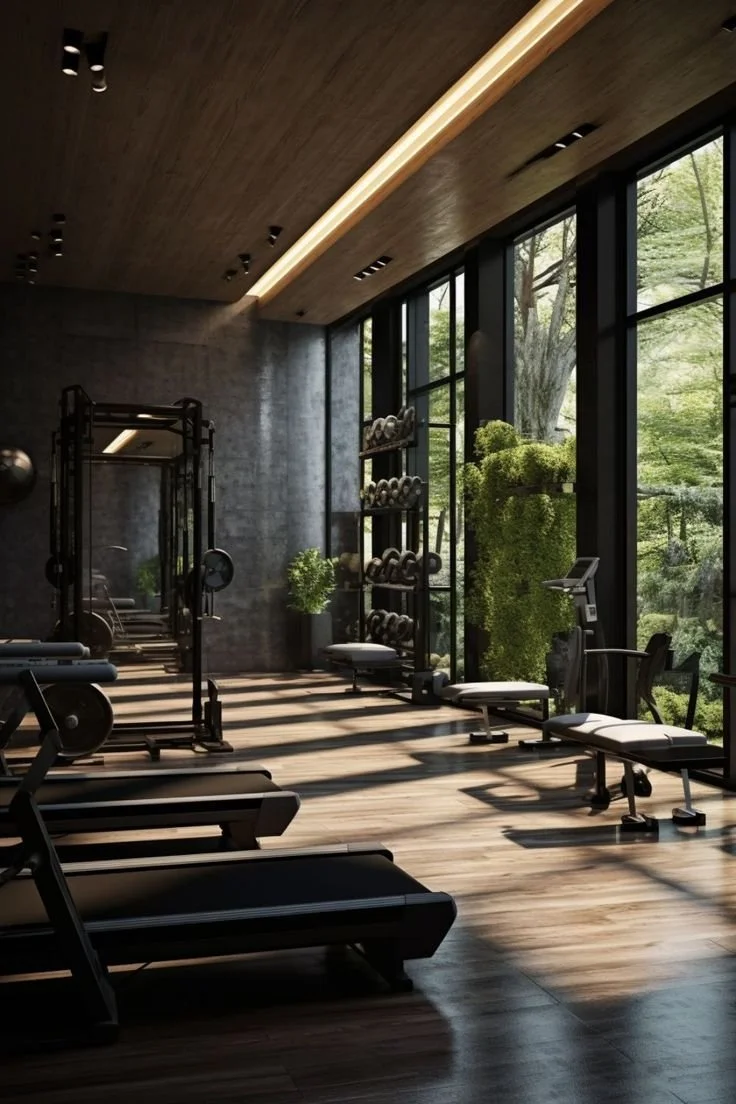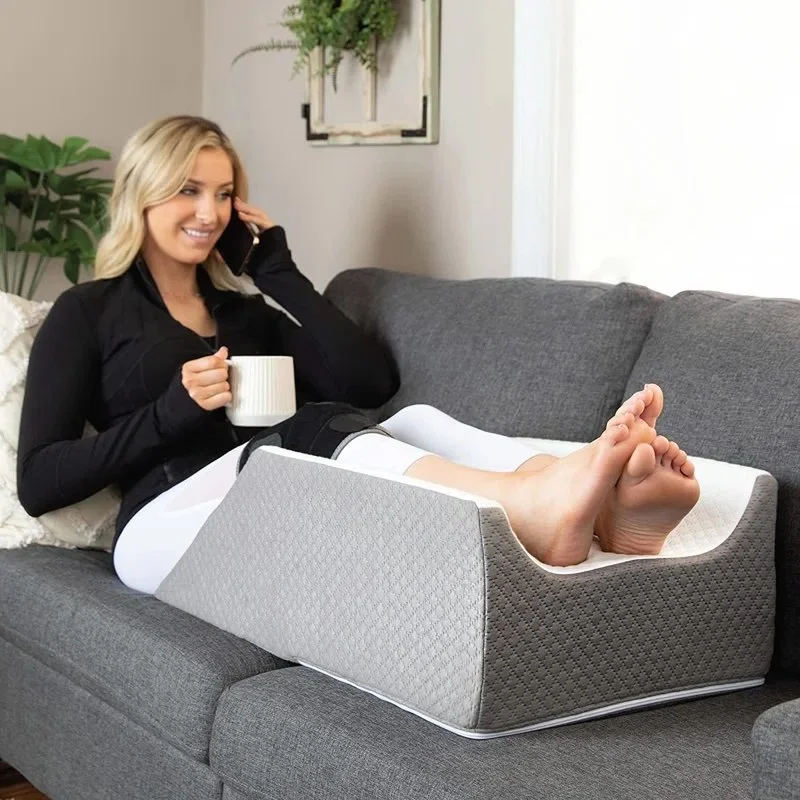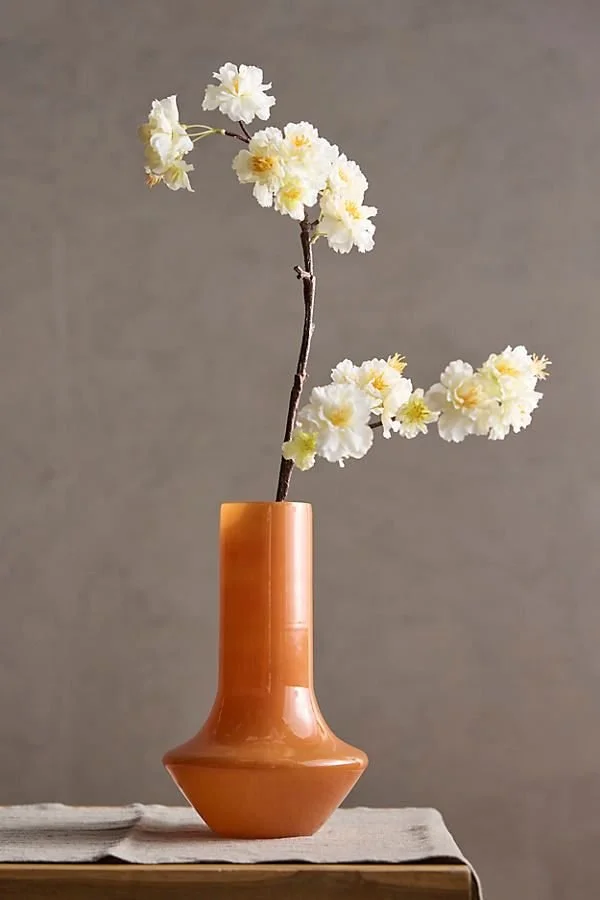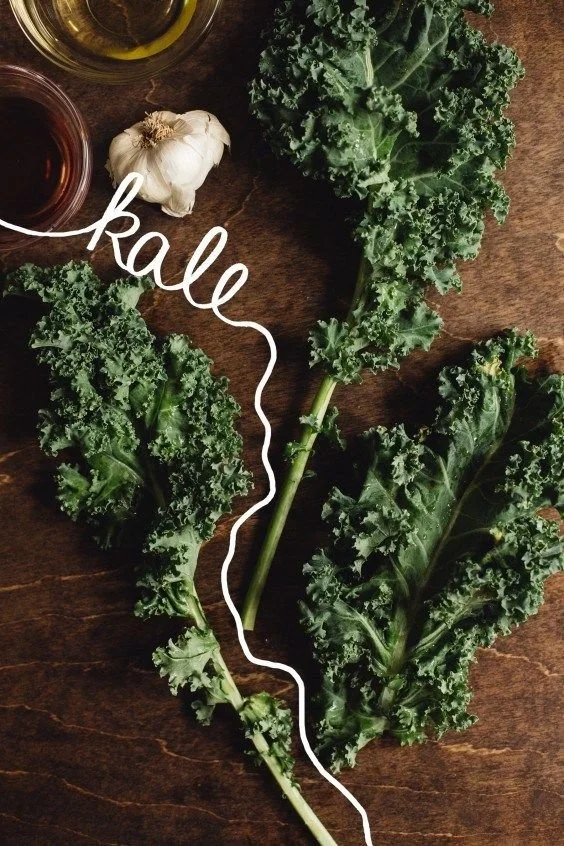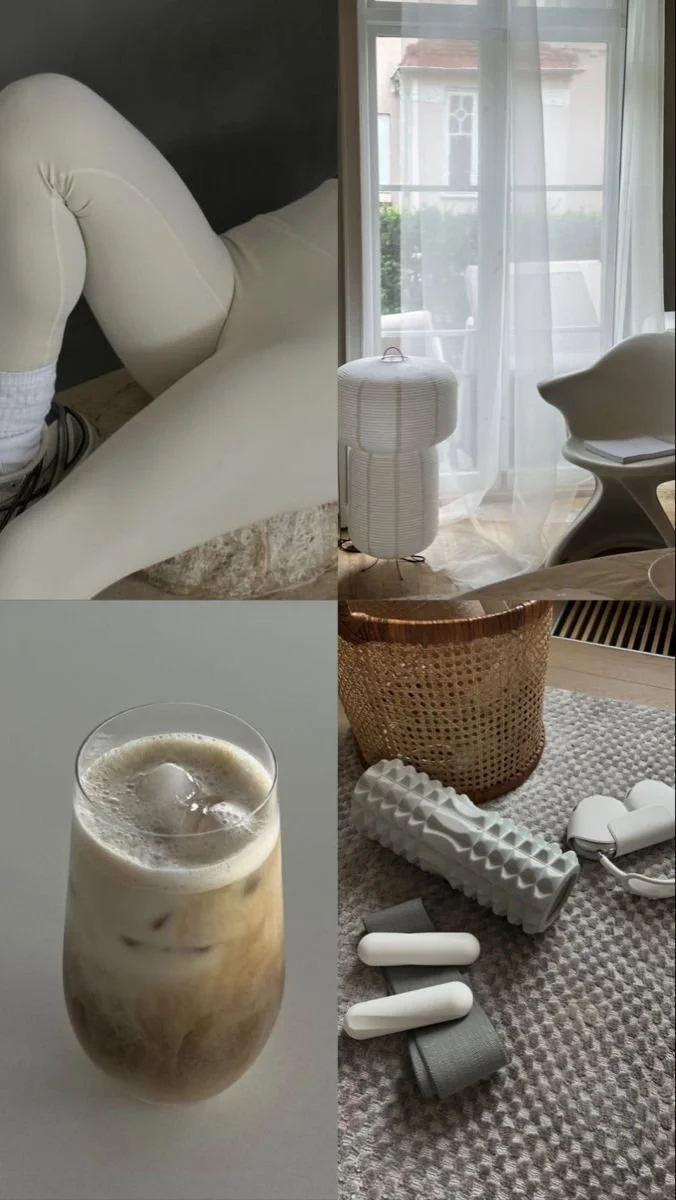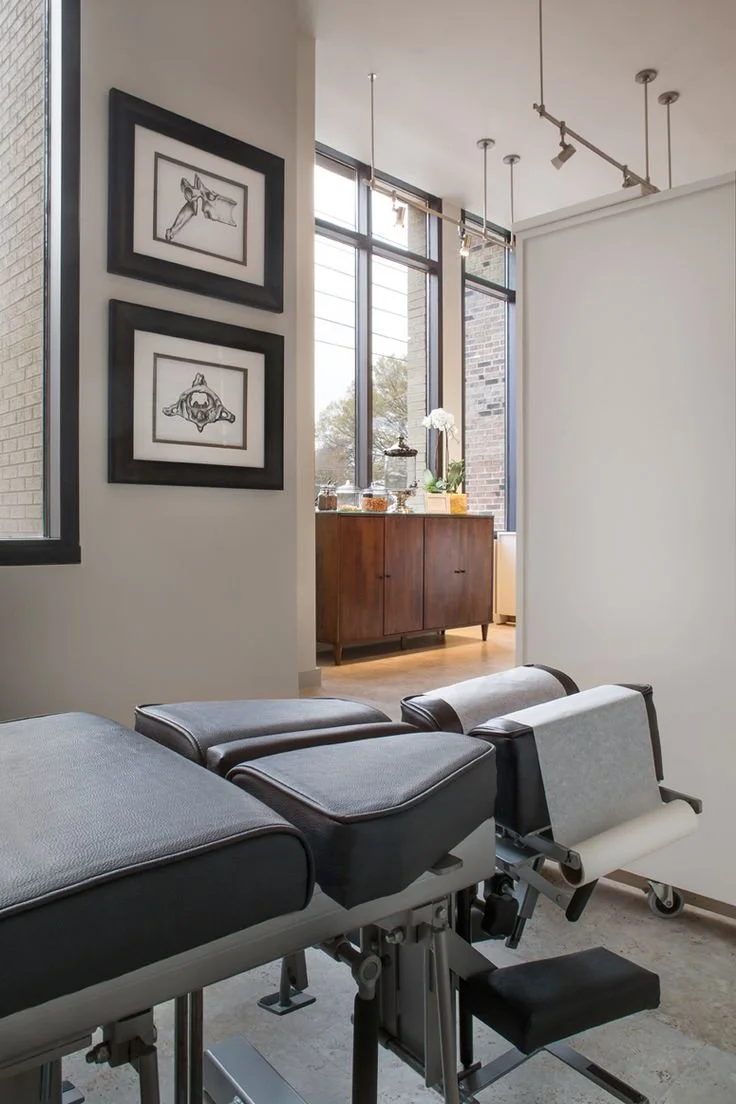A well-functioning plumbing system is crucial for a pleasant and hassle-free living environment. Leaky faucets, clogged drains, or inconsistent water pressure can make daily tasks frustrating and inconvenient. Addressing these issues promptly not only improves your home's functionality but also enhances its overall comfort.
In this guide, we’ll explore how to tackle common plumbing problems effectively, ensuring your home remains a lovely and stress-free space. From understanding the basics of plumbing to learning how to identify which shower taps control hot and cold water, this article will help you learn the differences to avoid mix-ups and enjoy a hassle-free bathing experience.
No. 1
The Importance of Efficient Plumbing
The charm and comfort of your home are significantly influenced by the effectiveness of its plumbing system. A well-maintained plumbing setup ensures a clean, functional, and healthy living space.
Here’s why efficient plumbing is so important:
Health and Hygiene: Proper plumbing prevents contamination of your water supply, reducing the risk of waterborne diseases. It also ensures effective drainage, keeping your home free from harmful bacteria and unpleasant odors.
Cost Savings: A quality plumbing system reduces maintenance costs by preventing leaks and damage to appliances, ultimately extending their lifespan.
Increased Property Value: Efficient plumbing adds significant value to your home. Potential buyers are more likely to invest in a property with a well-maintained plumbing system.
Water Conservation: A proficient plumbing system helps conserve water by preventing leaks and ensuring efficient water usage.
Consistent Water Pressure: Proper water pressure is essential for a comfortable showering and cleaning experience.
Peace of Mind: A reliable plumbing system eliminates the stress of frequent repairs, allowing you to enjoy your home without worry.
Energy Efficiency: Efficient plumbing reduces energy consumption, contributing to a lower environmental impact and reduced utility bills.
Investing in a well-organized plumbing system is not just about convenience—it’s about creating a healthier, more sustainable living environment.
No. 2
Key Components of Plumbing Systems
Understanding the key components of your plumbing system is essential for maintaining its efficiency.
Here are the major elements that ensure water distribution and waste management in your home:
Supply Piping: These pipes deliver water throughout your home, ensuring a steady flow to various fixtures.
Shutoff Valves: These valves allow you to stop the water supply in case of leaks or during maintenance.
Drain, Waste, and Vent (DWV) System: This subsystem collects waste and discharges it while allowing gases to escape safely.
Plumbing Fixtures: Sinks, showers, and toilets are directly connected to your plumbing system, providing access to water and drainage.
Fittings: These components connect different sections of piping, ensuring a seamless flow of water and waste.
By familiarizing yourself with these components, you can better understand how your plumbing system works and how to address potential issues.
No. 3
Choosing the Right Plumbing Materials
The materials used in your plumbing system play a significant role in its durability and efficiency.
Here’s a breakdown of common plumbing materials and their benefits:
1. Copper: The Traditional Choice
Copper pipes are known for their durability and ability to withstand high temperatures. While they may be more expensive than other materials, their longevity makes them a worthwhile investment.
2. PVC: A Modern Alternative
PVC (Polyvinyl Chloride) pipes are lightweight, easy to install, and cost-effective. They are commonly used for drainage systems and cold water supply lines.
3. PEX: The Flexible Option
PEX (Cross-linked Polyethylene) pipes are highly flexible and resistant to scaling and chlorine. They are easy to install and are ideal for both hot and cold water supply lines.
Choosing the right materials for your plumbing system ensures long-term reliability and reduces the need for frequent repairs.
Make it stand out
Rejuvenation believes in the power of thoughtful design - explore their extensive range of bath fixtures, including stylish accessories and hardware that add character and charm to your space.
No. 4
Benefits of Professional Plumbing Installation
While DIY plumbing projects can be tempting, professional installation offers several advantages that ensure the longevity and efficiency of your system:
Efficiency and Reliability: Professional plumbers have the expertise and tools to install plumbing systems that work efficiently and reliably, minimizing the risk of future malfunctions.
Enhanced User Experience: A well-installed plumbing system provides a seamless experience, from consistent water pressure to smooth drainage.
Aesthetic Appeal: Professional installation ensures that pipes are neatly concealed, maintaining the visual appeal of your home.
Preventative Maintenance: Professionals can identify potential issues early on, preventing costly repairs in the future.
By investing in professional plumbing services, you can enjoy a stress-free, efficient system that enhances your home’s comfort and value.
No. 5
Common Plumbing Issues and Solutions
Even with a well-maintained system, plumbing issues can arise.
Here are some common problems and simple solutions to keep your plumbing in top shape:
Leaky Faucets: A dripping faucet can waste water and increase your utility bills. Tighten the faucet with a wrench or replace the internal washer to stop the leak.
Clogged Drains: Hair, soap scum, and debris can cause slow drains. Regularly cleaning your drains with a mixture of vinegar and hot water can help prevent clogs.
Dripping Pipes: Pipes can drip, especially during colder months. Insulating your pipes can prevent leaks and reduce the risk of freezing.
Low Water Pressure: Mineral build-up in faucet aerators can reduce water pressure. Cleaning the aerators regularly will help maintain smooth water flow.
For more complex issues, it’s best to consult a professional plumber to avoid further damage.
No. 6
Energy-Efficient Plumbing Tips
Making your plumbing system more energy-efficient can save you money and reduce your environmental impact.
Here are some tips to improve your system’s efficiency:
Install Water-Efficient Fixtures: Low-flow faucets and showerheads can significantly reduce water usage without sacrificing performance.
Upgrade to a Tankless Water Heater: Tankless water heaters only heat water when needed, reducing energy consumption. Check out this resource for more information.
Insulate Your Pipes: Insulating hot water pipes prevents heat loss, reducing the energy required to heat water.
Regular Maintenance: Schedule regular plumbing check-ups to identify and fix inefficiencies, saving both energy and money in the long run.
By implementing these tips, you can create a more sustainable and cost-effective plumbing system.
No. 7
The Role of Plumbing in Home Aesthetics
Plumbing plays a vital role in the aesthetics of your home, especially in areas like the kitchen and bathroom.
Here’s how efficient plumbing enhances your home’s visual appeal:
Stylish Fixtures: Modern plumbing fixtures, such as sleek faucets and showerheads, can add a touch of elegance to your space.
Concealed Pipelines: Properly installed and hidden pipes maintain a clean, uncluttered look in your home.
Regular Maintenance: Keeping your plumbing system in good condition prevents unsightly water damage, such as stains or mold growth.
Investing in high-quality plumbing fixtures and regular maintenance not only improves functionality but also enhances the overall aesthetic of your home.
No. 8
The Basics of Plumbing Warranties
A plumbing warranty can protect you from unexpected repair costs.
Here’s what you need to know about different types of warranties:
No. 9
Engaging with Plumbing Communities
Joining plumbing communities can provide valuable insights and solutions tailored to your unique needs.
Here’s why and how you can engage with these communities:
Why Connect: Plumbing communities offer a wealth of knowledge from experienced professionals and homeowners. You can find practical advice, tips, and innovative solutions to common plumbing issues.
Where to Seek: Online forums, local hardware stores, and workshops are great places to connect with plumbing experts and enthusiasts.
How to Participate: Ask questions, share your experiences, and offer advice to others. Active participation helps you stay informed about the latest trends and best practices in plumbing.
By engaging with these communities, you can enhance your plumbing knowledge and make informed decisions for your home.
Takeaways
Efficient plumbing is the backbone of a comfortable and stress-free home. By understanding the key components of your system, choosing the right materials, and investing in professional installation, you can avoid common issues and enjoy a seamless water supply. Whether you’re tackling minor repairs or upgrading your system for energy efficiency, maintaining your plumbing is essential for a lovely living environment.
For more expert tips and advice, explore Dan's Plumbing Guide and continue your journey toward a well-maintained and beautiful home.
Looking For Home Resources?
Looking to enhance your living space and create a sanctuary that supports your well-being? Explore our home partners who offer a wide range of resources to elevate your home environment.


